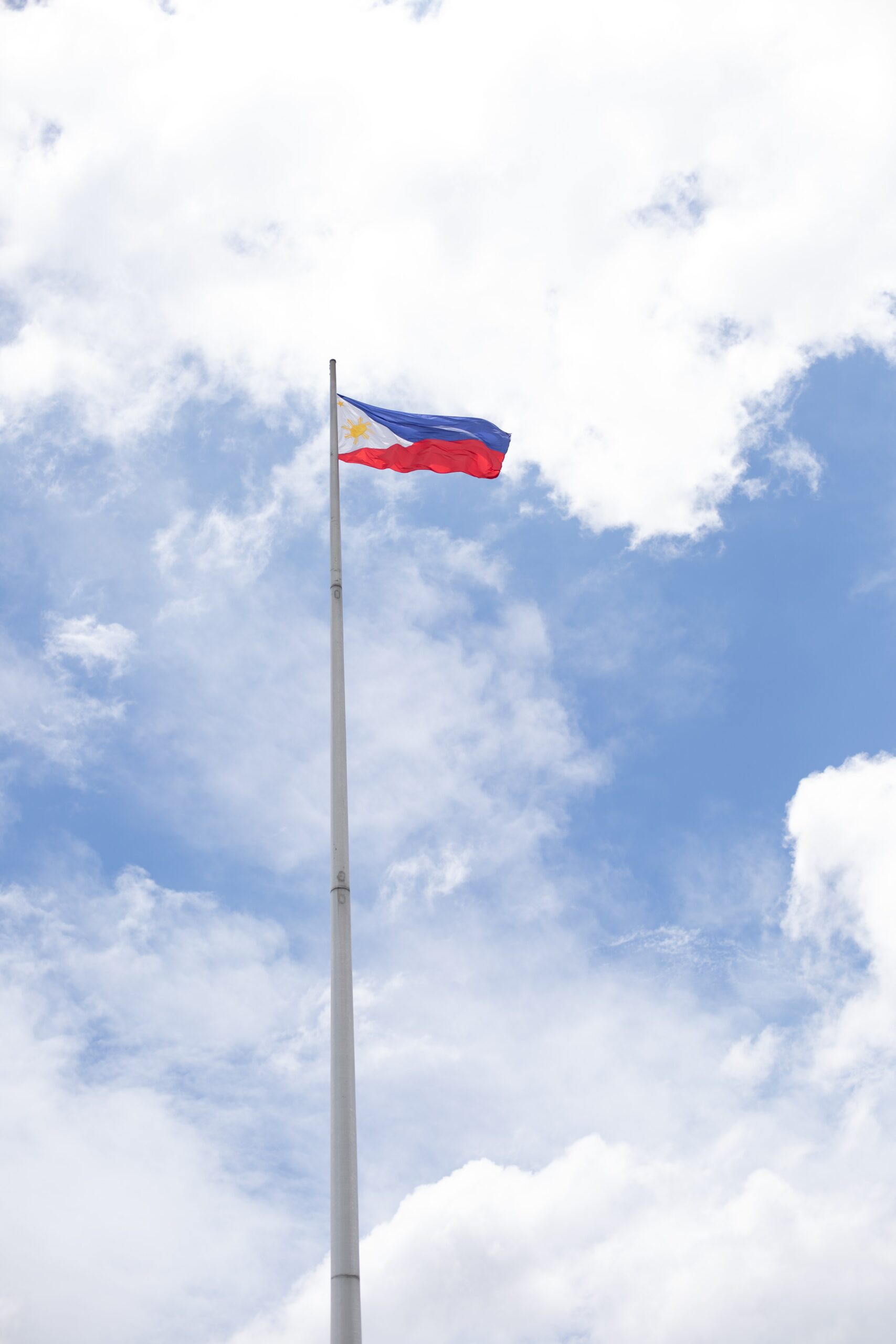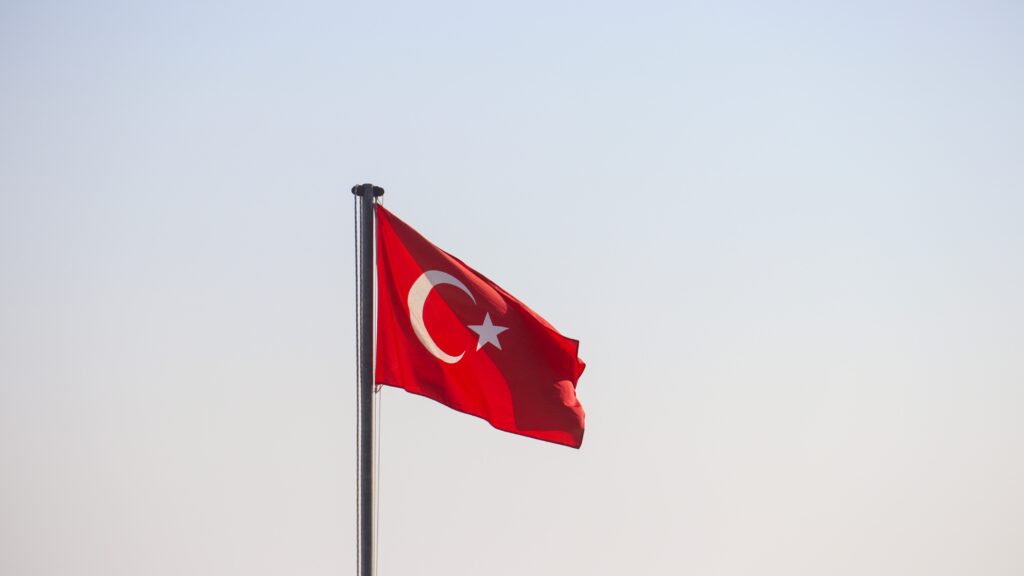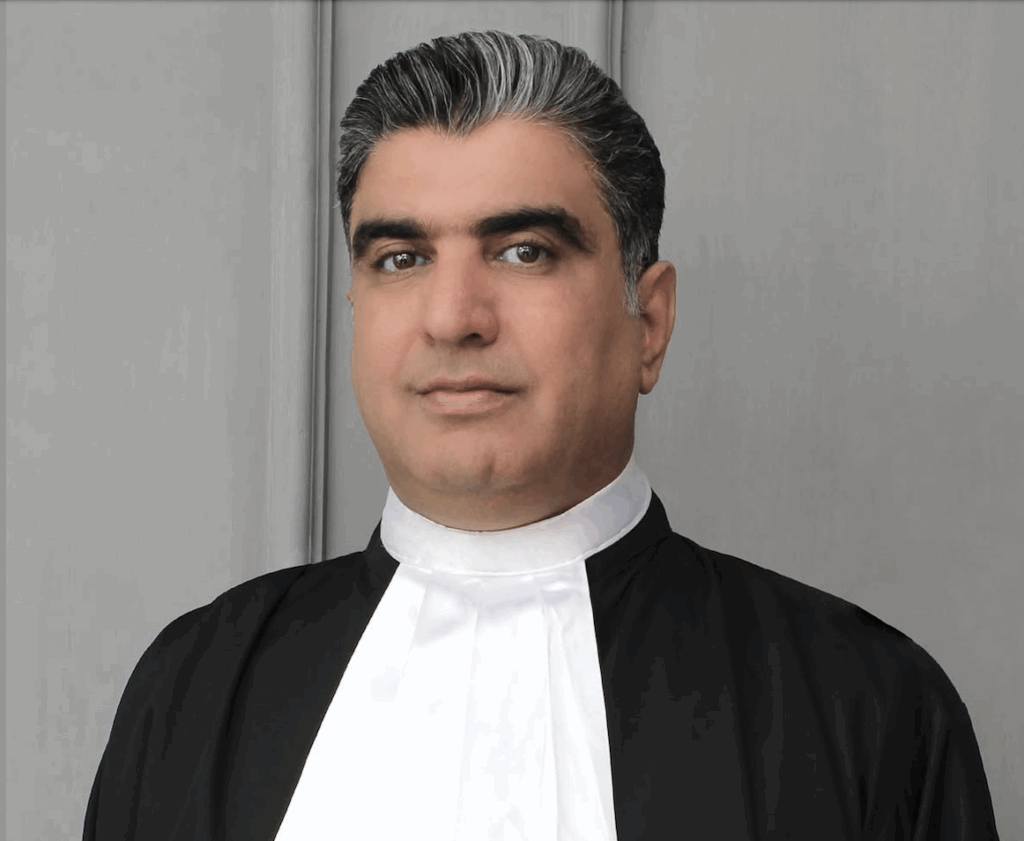In its upcoming 136th session, the Human Rights Committee will review the fifth state report submitted by the Philippines and will adopt concluding observations that will assist the Philippines in the implementation of the ICCPR. Lawyers for Lawyers welcomed the opportunity to file a submission to inform the Human Rights Committee about the situation of lawyers in the Philippines.
In this submission, Lawyers for Lawyers (L4L) reveals that the Philippines has failed to comply with its international human rights commitments to guarantee effective access to legal services provided by an independent legal profession as set out in the UN Basic Principles on the Role of Lawyers, and subsequently, has failed to comply with article 14 of the ICCPR. The submission contains case examples from lawyers who have been persecuted, harassed and murdered due to their profession as a lawyer.
The submission addresses three key areas of concern: The Anti-Terrorism Act of 2020, the additional practice of red-tagging and the extrajudicial killings of lawyers. The Anti-Terrorism Act is misused by the Government to unlawfully label lawyers and human rights defenders as terrorists. The practice of red-tagging is a continuous and serious threat to the civil society since individuals or organizations are being publicly labelled as ‘communists’, ‘leftists’ and thus ‘enemies of the state’. The practice of red-tagging has proven to be a grave threat to civil society and freedom of expression. Furthermore, extrajudicial killings of lawyers due to their profession and the violence against them continues to increase. These cases are often not investigated, which creates a culture of impunity.
Given the vital role of lawyers in the protection of the rule of law and the protection of fundamental rights, L4L recommends the Committee to address the position of lawyers when reviewing the State Party’s implementation of the ICCPR. More specifically, L4L demands the Committee to include the following recommendations in its review to the Philippines:
- The Philippines should take necessary measures to prevent and stop the extrajudicial killings, threats and harassment of lawyers.
- The Philippines should immediately put an end to the practice of red-tagging and end public disclosure of ‘drug lists’, ‘hit lists’, or ‘lists of suspected terrorists’.
- The Philippines should review the most salient provisions of the Anti-Terrorism Act of 2020 and amend this act in conformity with its international obligations.
- The Philippines should implement an independent and impartial body under an international supervisory mandate to carry out independent investigation.




